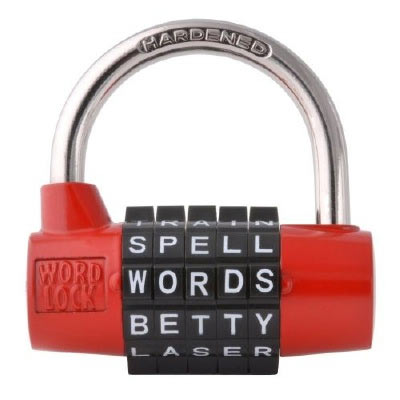
2. Keep a slush fund handy
手頭要有一筆備用金
Something — be it a car repair, an emergency root canal, or a job layoff — always comes up to throw you off your monthly budget. To keep these incidents from running you into debt, you need to have an emergency stash in an easily accessible account, preferably a money market account (they earn a little more interest than regular savings accounts).
總有些事會給你一個措手不及,打亂你的每月預算,比如修車、牙根治療或是下崗之類的事。為了避免因為這些事而讓自己背負債務,你需要準備一個隨時可用的緊急賬戶,比較好的是貨幣理財賬戶(比起一般的儲蓄賬戶,它們賺到的利息會更多一點)。
How much is enough? Easy. Track all of your spending for a month (including everything from your mortgage payment to lunch at the deli), and multiply that monthly total by three. That three-month operating budget is a scary number, eh? Well, this is the minimum you should have on hand in case the roof caves in (literally or figuratively) and you need some dough to get you through the rough spots. And don't worry if this money isn't accruing the big interest; it's there for emergencies.
多少錢才足夠?很簡單。記錄下你一個月的總花銷(所有林林總總的賬目,從按揭支付到去熟食店吃午飯的開銷),然后把月消費總額再乘以三。這份三月收支預算看著有些嚇人,是吧?這個數(shù)字其實是你手頭應該有的最低費用,用來防止意外的發(fā)生,不管是房子倒塌了還是出現(xiàn)其它意外。你需要一些錢幫你度過這些難關。如果這些錢不能產(chǎn)生很多利息,也不必擔心,因為預留這些錢是為緊急狀況準備的。



















